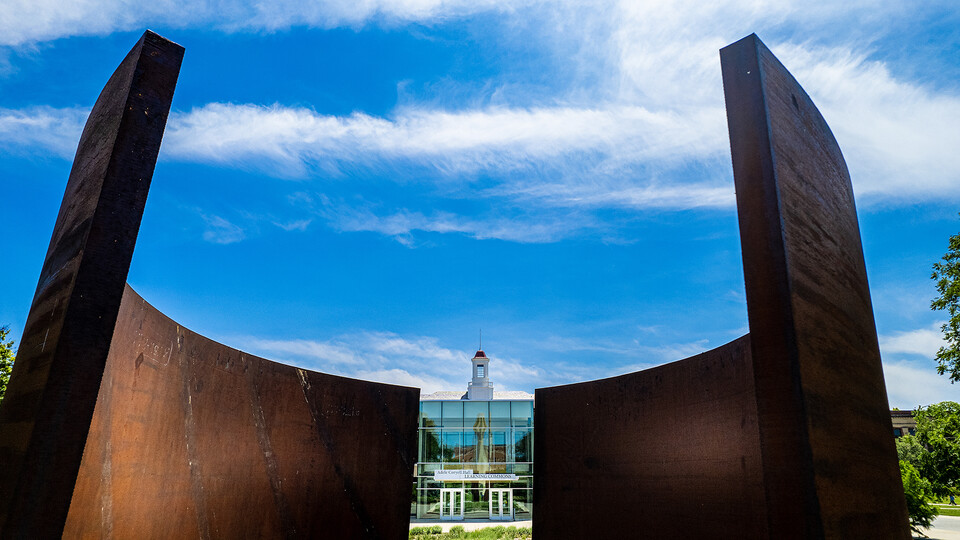
Shab Mohammadi, postdoctoral research associate in the School of Biological Sciences, was interviewed for a July 3 New York Times article on a recent study showing that caecilians’ mouths might be rimmed with venom-tipped teeth, like those found in some snakes — the first time venom glands have been found in an amphibian’s mouth. Mohammadi said caecilians independently stumbling upon the strategy would be “really interesting and remarkable,” however it’s still unclear how noxious the gland’s contents are or how toxic they are to the insects and worms that caecilians consume.
• • •
David Harwood, professor and Stout Chair in stratigraphy, was interviewed for a July 22 National Geographic article on a new study showing that the East Antarctic ice sheet may be even more vulnerable to warming than once believed. The study suggests that a large part of the ice sheet collapsed only 400,000 years ago, during a time period when the amount of carbon dioxide in the atmosphere peaked at about 300 parts per million. Carbon dioxide levels currently sit at 410 ppm.
“This doesn’t bode well for the future,” Harwood said.
• • •
A recent study led by Luwen Zhang, biological sciences, has found that an overabundance of B lymphocytes infected with the Epstein-Barr virus contributed to the recurrence of multiple sclerosis-like symptoms in mice. Medical Xpress ran a July 6 article on the research.
• • •
James Le Sueur, history, wrote a July 11 guest column for the Los Angeles Review of Books on his new documentary, “The Art of Dissent.” The film explores the Velvet Revolution in Czechoslovakia.
• • •
Chigozie Obioma, English, a celebrated author, recently compiled a playlist for PEN America’s Just Press Play series.
• • •
Deirdre Cooper Owens, history, director of the Humanities in Medicine program, was interviewed for a July 30 Montgomery Advertiser article on the legacy of J. Marion Sims, a doctor who experimented on enslaved women who could not consent. By repairing the women’s reproductive organs, she said, Sims was ensuring that the white men who owned the women had access to enslaved children. The story was part of the USA Today Network’s Confederate Reckoning series.
• • •
Jeffrey Stevens, psychology, director of the Canine Cognition and Human Interaction Lab, was interviewed for a July 31 Smithsonian.com article on two new studies of dog cognition. The studies’ authors turned to publicly available genetic information from a 2017 study, and a large community science project, Dognition.com, in which dog owners tested their own pets. “These papers offer an exciting integration of two forms of big data,” Stevens said.


